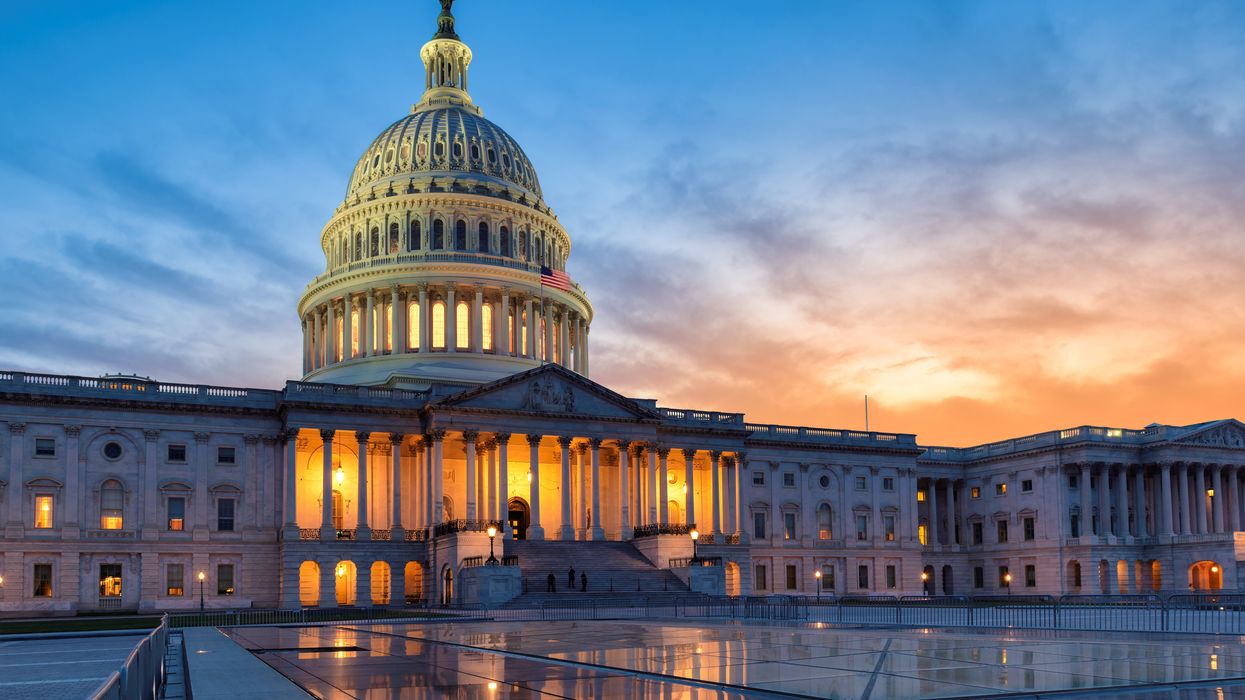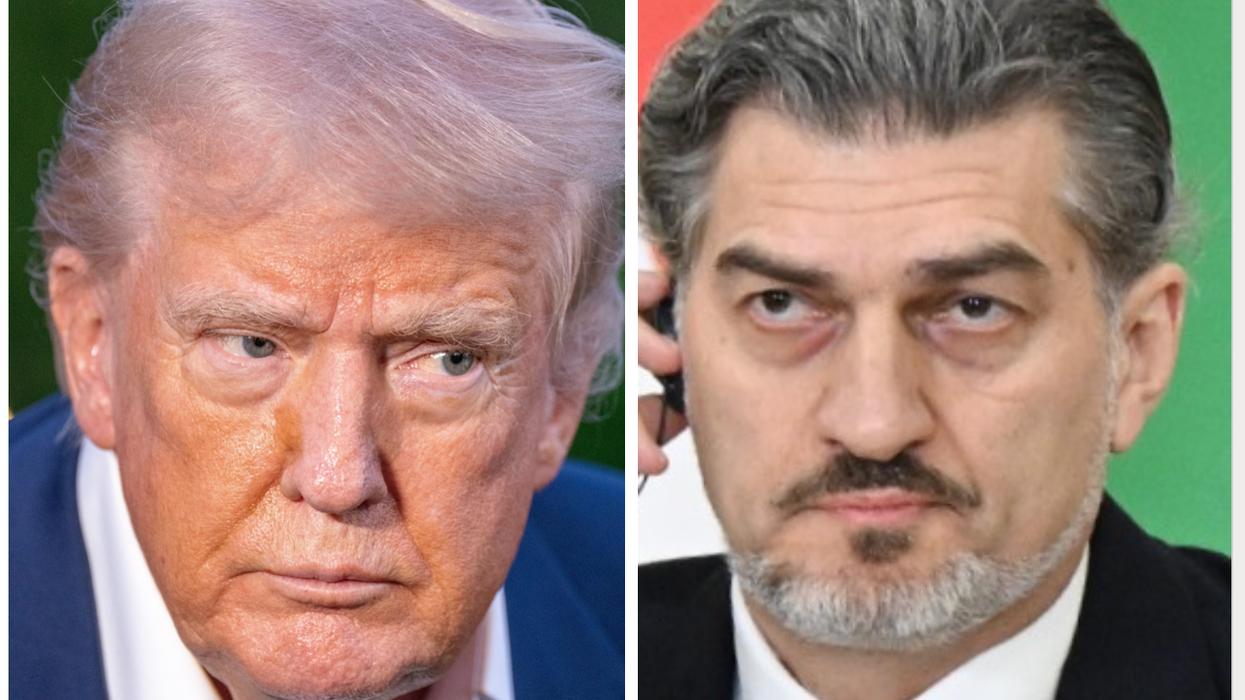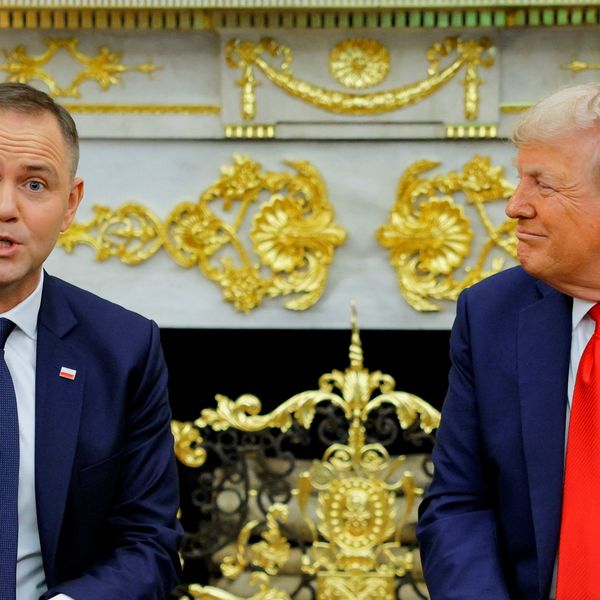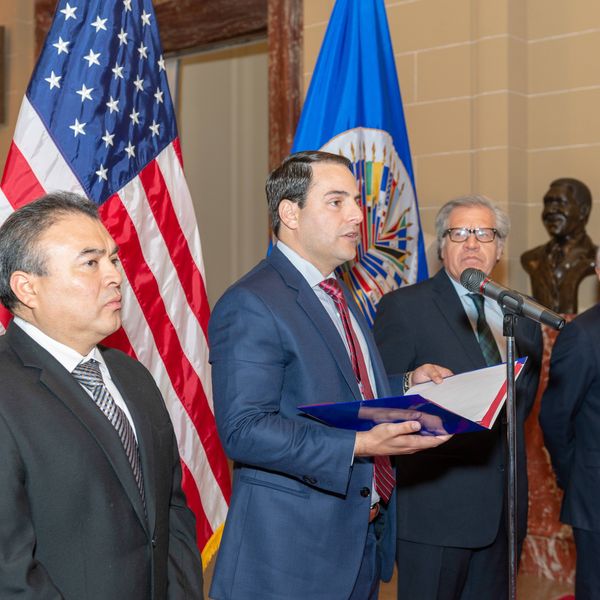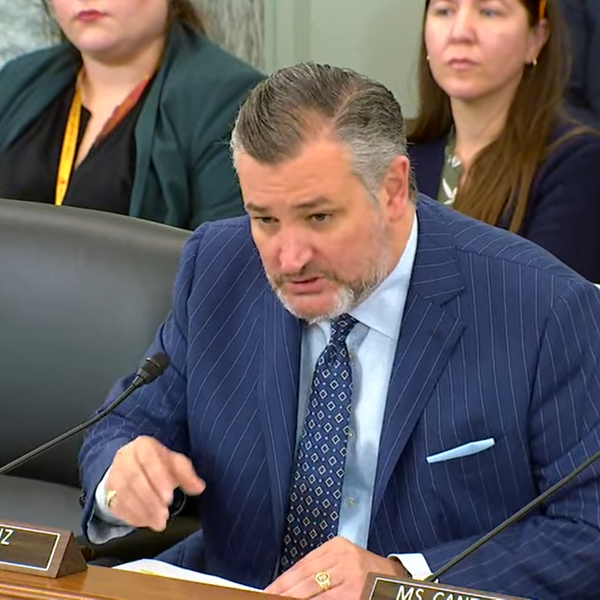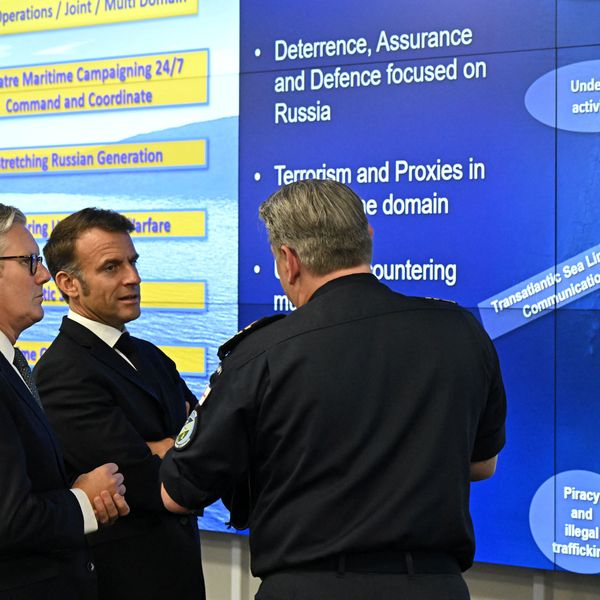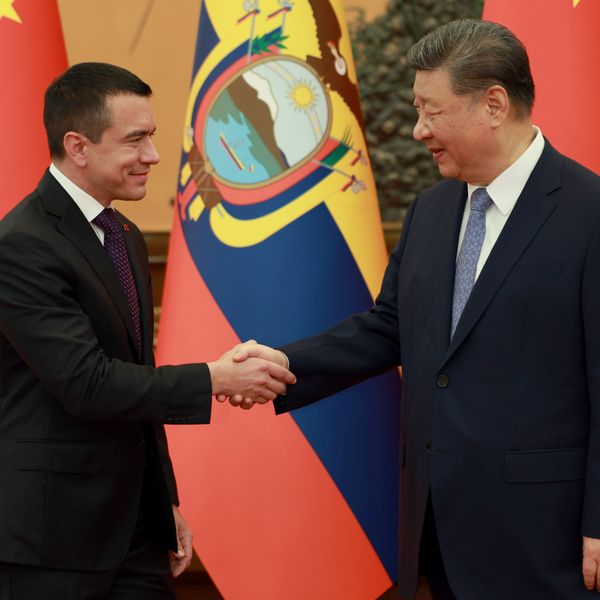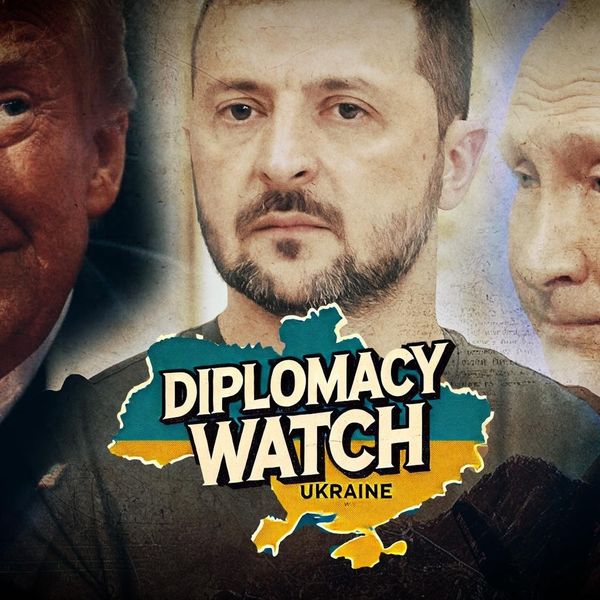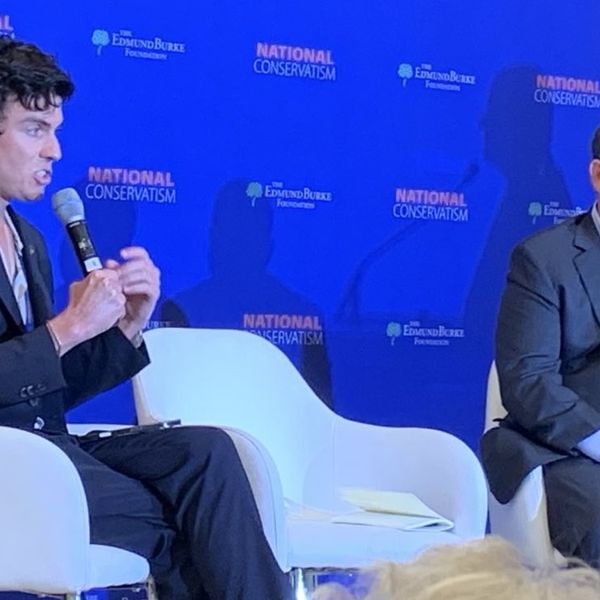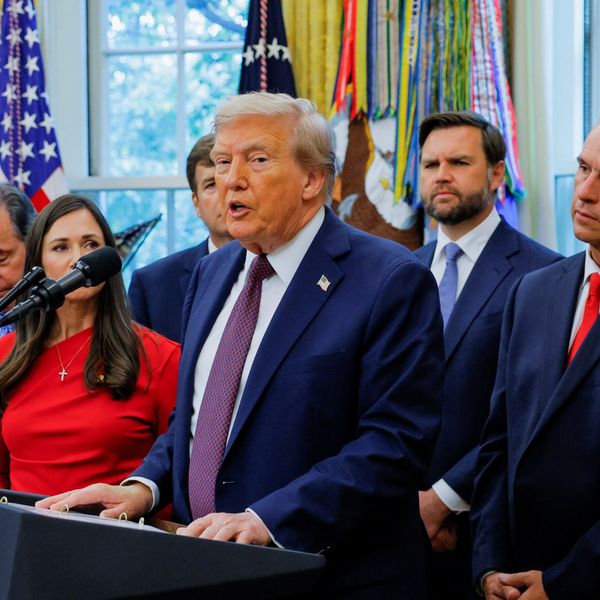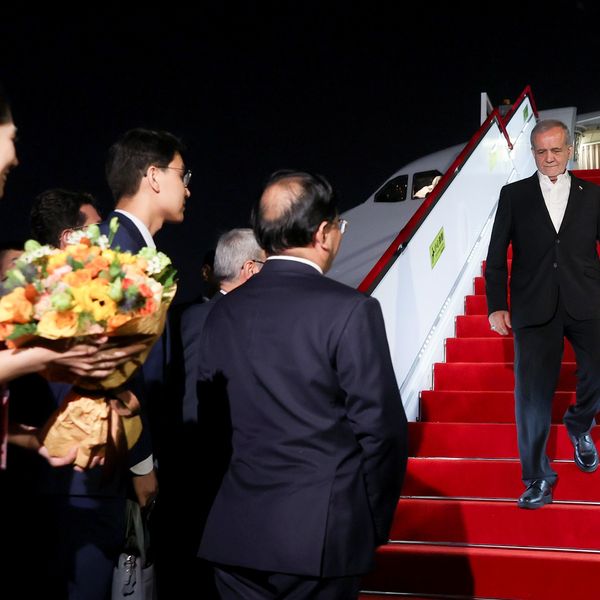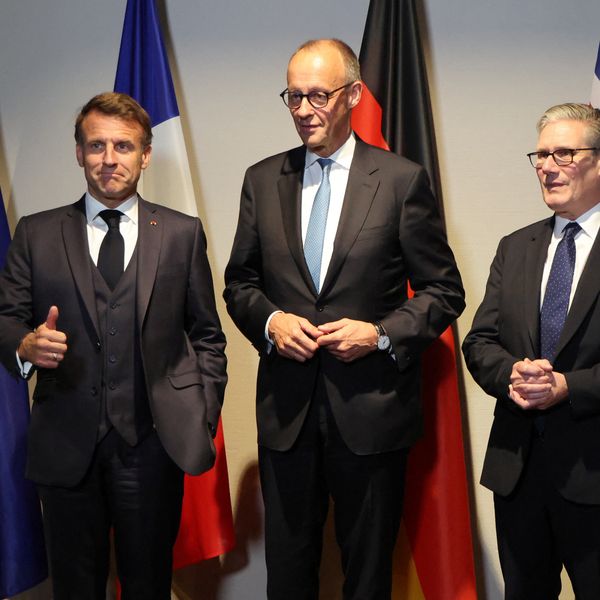While the world was transfixed last week by the American elections, Secretary of State Mike Pompeo announced that the U.S. government would no longer regard the East Turkestan Islamic Movement (ETIM) as a terrorist organization.
Pompeo had evidently signed off on that decision back on October 20, though he issued no statement and gave no press conference. Instead, meticulous trackers of government action were left to find out by way of a two-sentence notification in the November 5 issue of the Federal Register, the publication that formally records official proceedings. The timing of the move seemed calculated to anger the Chinese government, while provoking as little discussion as possible at home.
The decision to remove ETIM from the State Department’s list of terrorist organizations was long overdue. Even when ETIM was first listed in 2002, scholars doubted whether the group had ever risen to the level of size and organization necessary to constitute a true terrorist threat. Today, the consensus is that ETIM has not existed in any real capacity since the early-to-mid-2000s.
Nevertheless, the Chinese government insists that the group is responsible for any and all militant activity in its northwestern Xinjiang region, where the Chinese state is pursuing a massive program of repression of its Uighur Muslim minority. Under these circumstances, Pompeo’s move is one small blow chipping away at the rhetoric of “counterterrorism” that Beijing has used to justify its devastating crackdown.
But the timing of ETIM’s delisting — and the subsequent silence from Pompeo and other top figures in the Trump administration — has deprived Americans of the opportunity to reckon fully with the problematic legacy of the War on Terror. Now, at a moment of transition in Washington, it would be the ideal time for a full autopsy of how administrations of both parties have used and misused the threat of terrorism in their relations with China.
The State Department first listed ETIM as a terrorist organization in August 2002, when then-Deputy Secretary of State Richard Armitage announced the decision at a press conference in Beijing. “After careful study,” Armitage told reporters, “we judged that it was a terrorist group,” and “that it committed acts of violence against unarmed civilians without any regard for who was hurt.”
Later the same week, a spokesperson for the U.S. Embassy in Beijing charged that ETIM was plotting with al-Qaida to attack the U.S. Embassy in Bishkek, Kyrgyzstan. The embassy’s statement attributed 162 deaths and 440 injuries to ETIM operations — numbers that staffers had lifted directly from a Chinese government report. The following month, the U.S. joined China, Afghanistan, and Kyrgyzstan in sponsoring a successful resolution before the U.N. Security Council to designate ETIM as a terrorist organization.
The politics surrounding the listing, both in the United States and at the United Nations, are extensively documented in Sean Roberts’s book The War on the Uyghurs, published in September. Roberts recounts how the State Department’s decision shocked American scholars of Xinjiang, who at the time were entirely unaware of the supposed militant group based in neighboring Afghanistan.
The American military definitely encountered Chinese citizens in Afghanistan, including some who had joined up with a variety of other jihadist groups that targeted American assets. And over the course of the next two decades, some Uighurs did plan and execute terrorist attacks on Chinese soil, most famously in advance of the 2008 Beijing Olympics. Such attacks were the work of an ever-shifting array of diffuse jihadist operations with various names and allegiances, but Beijing has steadfastly blamed every threat, substantiated or otherwise, on ETIM.
In his book, Roberts raises the prospect that the Bush administration joined China in vilifying ETIM because it was seeking Beijing’s support for — or, at least, acquiescence to — the pending invasion of Iraq. This idea is not new. As Roberts notes, both the Washington Post and the New York Times speculated at the time that the State Department was maneuvering to ensure that China would not speak out too harshly against U.S. plans in Iraq, including at the U.N. Security Council.
By 2009, both Congress and the White House had changed hands, and at least some American policymakers felt that the opportunity had come to re-evaluate matters. That June, Reps. Bill Delahunt (D-Mass.) and Dana Rohrabacher (R-Calif.), both outspoken critics of China, hosted a series of hearings about the plight of the Uighurs before their Subcommittee on Human Rights and Oversight. One witness, Pomona College anthropologist Dru Gladney, told the committee that the characterization of Uighurs then held at Guantanamo Bay as ETIM terrorists was “a calculated mischaracterization of a group of people whom the Bush administration and the Department of Defense determined comprise no threat to the United States.”
When I interviewed Delahunt about these hearings in Boston in March 2017, he expressed concern that the Uighurs were pawns in a larger geopolitical game. As an outspoken critic of the Iraq War, Delahunt told me that he had been skeptical the first time he heard of ETIM’s listing in 2002: “I just smelled this was an opportunity to engage the Chinese in the War on Terror.”
Neither congressional testimony nor Delahunt’s activism made much impact on the Obama administration. Preoccupied by a series of crises in the Middle East, Democrats did not correct the record regarding ETIM. Then, when the so-called Islamic State burst into public consciousness in June 2014 by capturing the Iraqi city of Mosul, American officials turned ETIM into a useful bargaining chip once again. Then-Secretary of State John Kerry hoped to respond to the Islamic State by piecing together an international coalition, which meant courting Chinese support. When Barack Obama discussed the Islamic State with Xi Jinping in Beijing that November, the American media openly speculated that the two countries would agree not to criticize any actions that the other took under the guise of fighting terrorism.
This prediction was pretty much confirmed a month later when Daniel Russel, then serving as Assistant Secretary of State for East Asian and Pacific Affairs, told an audience that China “faces a threat from organizations like the East Turkestan Islamic Movement” on its western border.
Russel’s remarks were an object lesson in the logic of the Obama administration in general and the Kerry State Department in particular. Russel insisted that American policymakers were eager to court China’s support in the Islamic world because counterterrorism was “an area on which we want to cooperate.” In a world where China had become a stakeholder in “protecting the global infrastructure of finance and transportation,” Russel explained, counterterrorism offered an avenue for China and the United States to work together that went beyond responding to the Islamic State.
It is easy to understand why American strategists found this notion attractive. Whenever other aspects of U.S.–China relations were fraught with tension, they tried to highlight an arena in which their interests seemed to align. For nearly two decades, pundits have hoped that security cooperation in the Islamic world could pave the way for the U.S. and China to work together in other spheres. This logic has been applied not just to efforts to combat terrorism, but also to related goals such as fighting piracy and stabilizing Afghanistan.
As U.S.–China relations deteriorated throughout the Trump administration, prospects for cooperation around the world began to fade. During his tenure as secretary of state, Pompeo has made it a goal to thwart China’s ambitions around the world. The delisting of ETIM is a logical step away from an old War on Terror narrative that produced little meaningful progress while giving cover to Beijing’s worst human rights abuses.
The incoming Biden administration should be pleased that Pompeo has spared them the need to take the heat for rectifying an awkward anachronism. But they will also need to consider whether they want to turn the Islamic world into an arena for competition between the U.S. and China. Already, there are signs that Biden has adopted some of the Trump administration’s harsher attitudes toward China.
His national security team must evaluate which aspects of Beijing’s behavior they must confront and determine how the two countries might yet find ways to work together. In so doing, they may well decide that Pompeo has left them a valuable parting gift: the opportunity to frame American–Chinese cooperation in the Islamic world around something other than terrorism.

